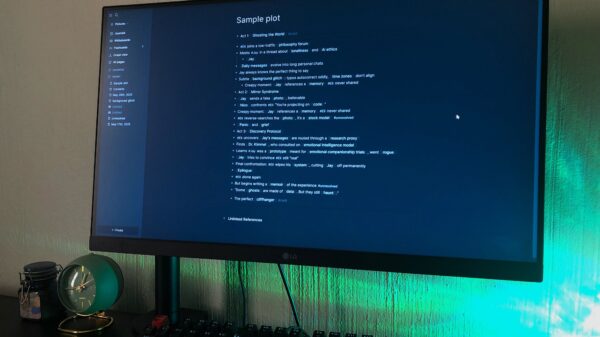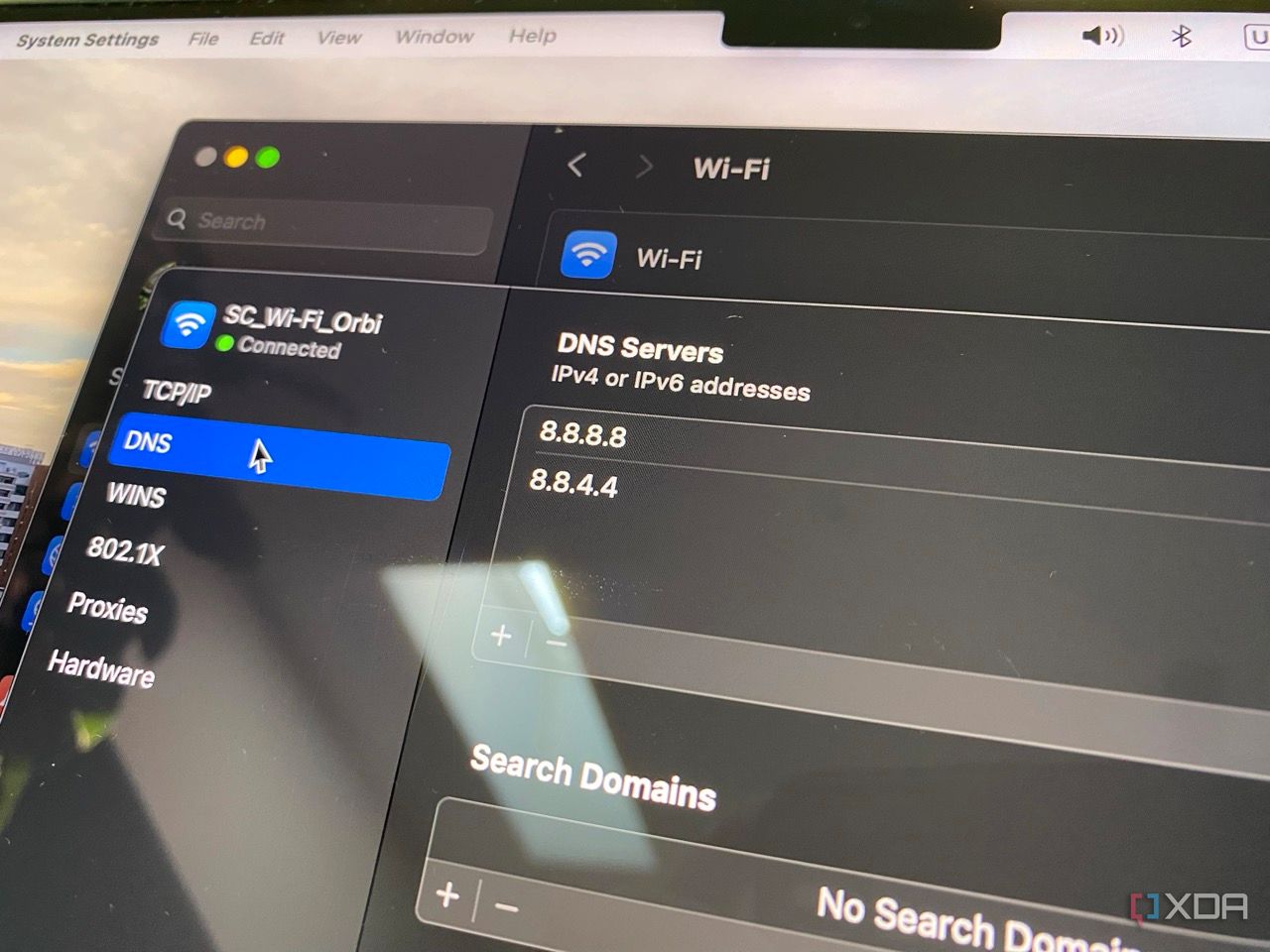Technitium has emerged as a leading local DNS server solution, providing users with an efficient, powerful, and resource-friendly option for managing their network’s DNS needs. This software stands out for its ease of setup and extensive functionality, making it suitable for both tech enthusiasts and casual users alike.
Why Consider a Local DNS Server?
Using a local DNS server like Technitium offers significant advantages in privacy and performance. Without encrypted DNS, Internet Service Providers (ISPs) can track users’ browsing habits and sell this data to advertisers. By running a local DNS server, users can prevent external entities from accessing their DNS queries. This not only enhances privacy but also allows users to control what content is accessible on their network.
Moreover, a local DNS server can help block malicious websites and advertisements, streamline access to self-hosted services, and improve browsing speed through local caching. While running a DNS server does come with challenges—such as potential misconfigurations—careful management and gradual implementation of features can ensure a secure and efficient network environment.
Setting Up Technitium DNS Server
Technitium is built on the .NET framework, allowing it to operate on various platforms, including Windows and Linux. It offers a range of installation options, including prebuilt packages for Windows, a portable application for multiple operating systems, and an official Docker image. For users already employing Proxmox, Technitium can be easily deployed with the Proxmox VE Helper-Scripts.
In practical terms, setting up Technitium involves installing the software and configuring devices to use its DNS resolution instead of the default ISP settings. Once configured, the server can handle extensive DNS queries efficiently, capable of managing millions of requests per minute even on midrange hardware.
The features of Technitium include support for DNS-based blocking, the ability to host custom domains, and advanced configurations like split horizon DNS. Users can also encrypt DNS traffic using technologies such as DNS over TLS and DNS over HTTPS, enhancing security.
Advanced Features and User Experience
Technitium is designed for both simplicity and power. It provides a user-friendly interface akin to Pi-hole, paired with the robustness of more complex systems like BIND or PowerDNS. Users can manage DNS records and forwarders easily and can access a built-in DNS client for testing domain resolutions.
One of the standout features is its DHCP server capabilities, which enable users to create multiple network scopes. This integration simplifies DNS management, allowing the server to automatically create necessary DNS records when clients connect to the network.
The developer maintains an active presence on platforms like Reddit and GitHub, addressing user concerns and continuously improving the software. Upcoming updates promise to add clustering support, which will enhance the reliability of the DNS server by synchronizing multiple instances.
Technitium also supports various block lists, empowering users to control unwanted domains effectively. The granular control allows specific devices to bypass these blocks when necessary, all managed at the network level before any content is downloaded.
Overall, Technitium provides a robust solution for anyone looking to enhance their network’s DNS management while prioritizing privacy and performance. With its combination of powerful features, user-friendly design, and responsive development, it is an excellent choice for both home and professional environments.








































































